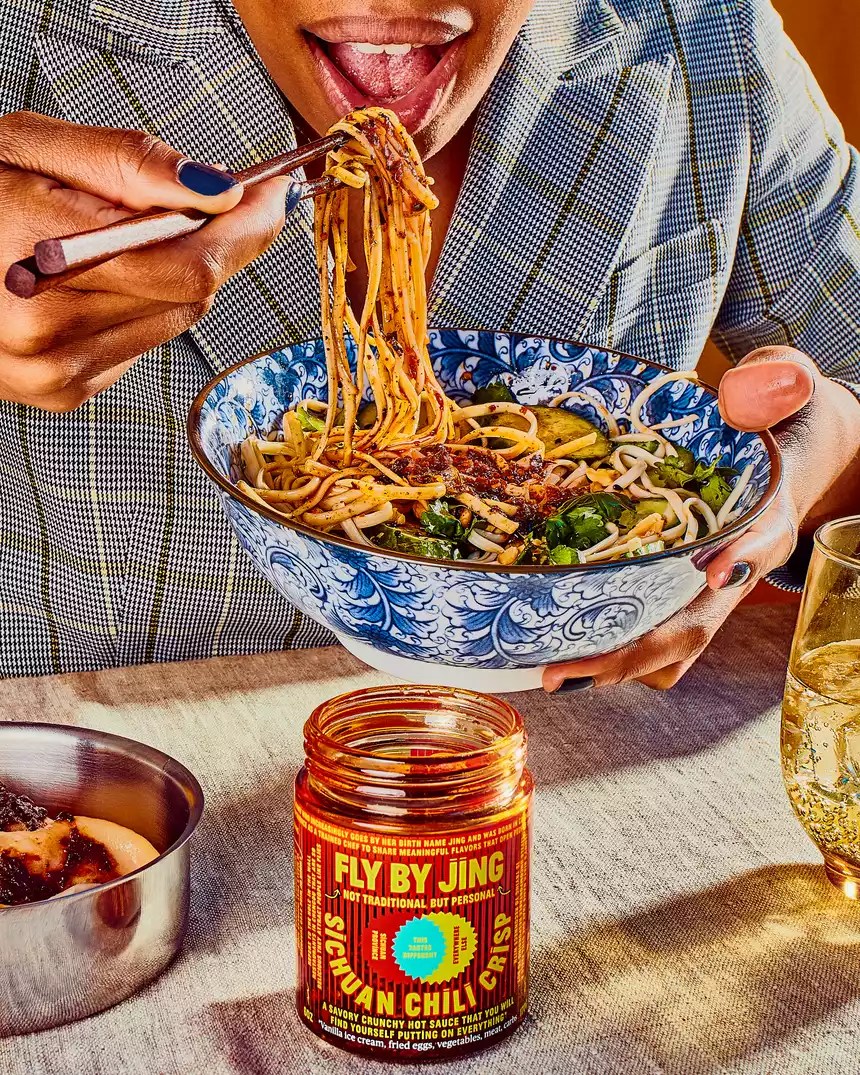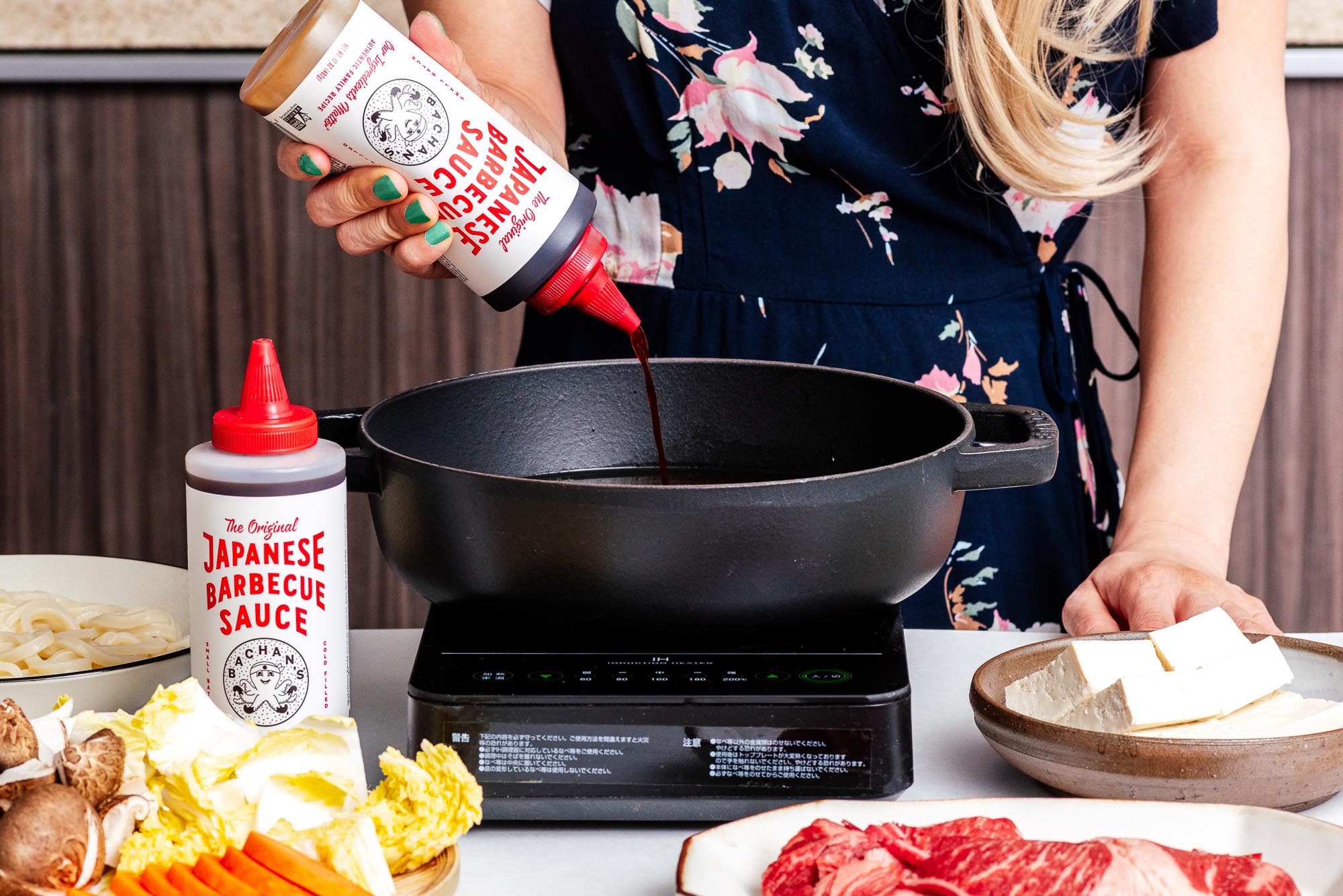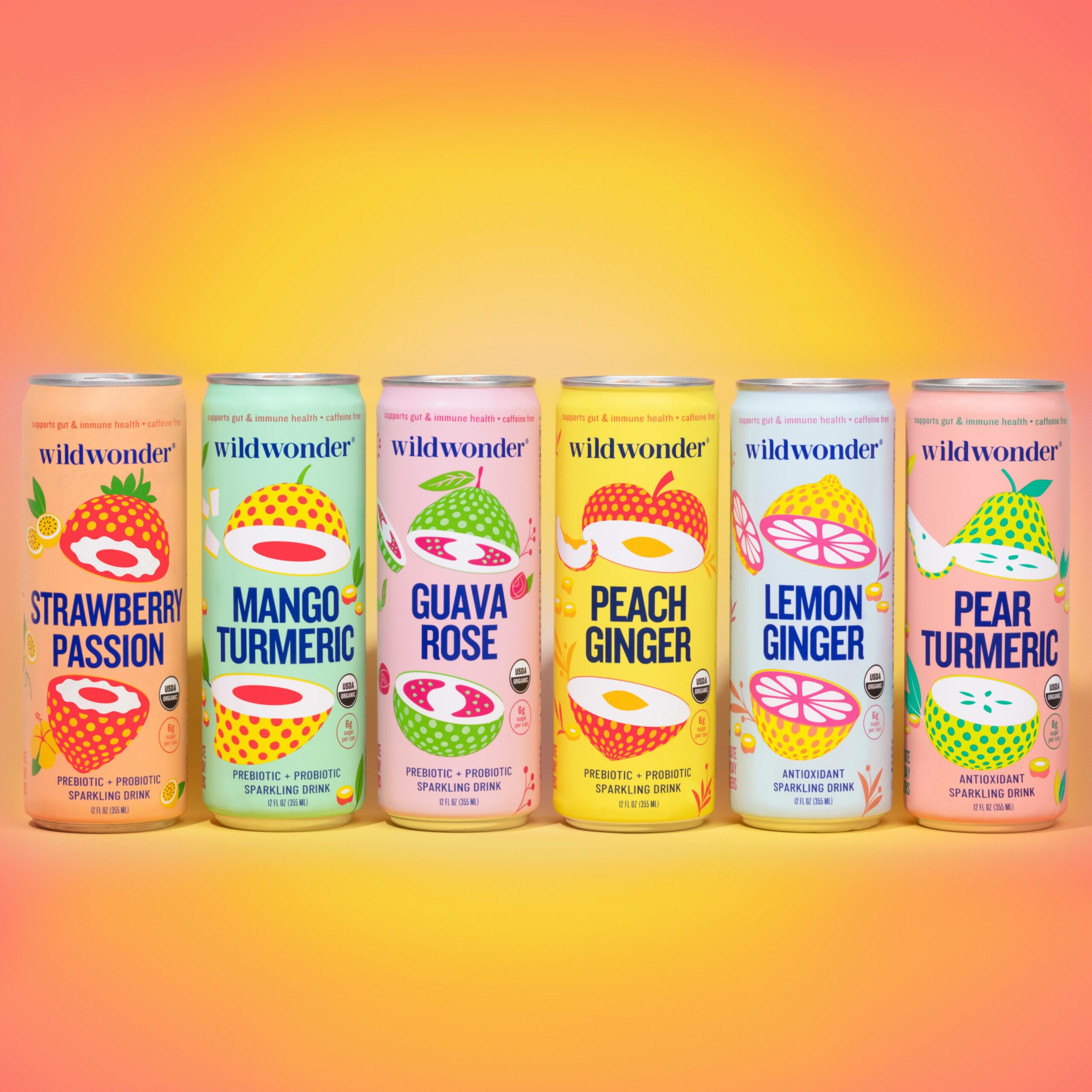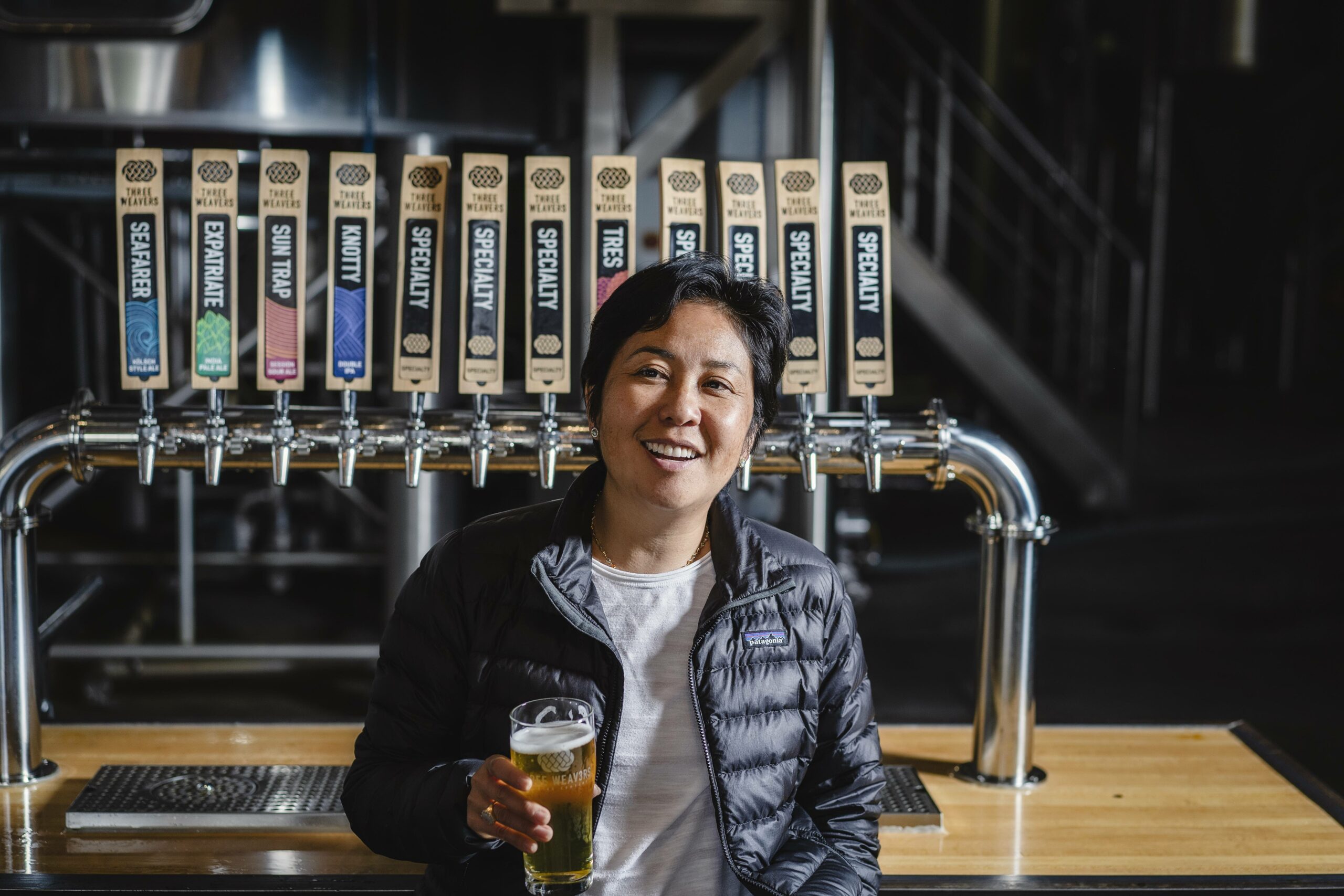Today, it is common to find a variety of these fermented foods sitting on the shelves of supermarkets, sitting shoulder to shoulder with ketchup or dressing ranch. But this was not always the case. Through Asia and the Pacific, we can now thank the Asian American and Pacific (AAPI) Communities for their influence on the history of food (and gut health) in the United States.
As we celebrate AAPI Heritage Month in May, we’d like to introduce some of our favorite AAPI fermented food brands whose mission is to balance your gut microbiome. and remain faithful to their cultural roots. Here, these successful business owners share their background, influences and vision for the role their products play in the market today. And to better understand the history and cultural significance of these fermented foods, we spoke with a professor of Asian studies to learn more.
The cultural significance of fermented foods in Asia, according to a food historian
“Today, we view fermented foods as a matter of health and taste,” says Miranda Brown, PhD, a professor of Chinese studies at the University of Michigan. “But eating fermented foods was originally a way of dealing with seasonal surpluses and shortages. If you think historically about growing seasons, not so much happens in the winter, but you have to eat. “So people would pick their vegetables – or salt them or dry them, along with their meat – as a way to maintain their food supply.”
Thus, although fermented foods today are often valued for their intestinal health benefits and taste, they began as a means of preserving to ensure that the food supply was available during the cold winter months, when neither harvesting fresh produce nor access to refrigeration were viable options. “It was not until 1980 that in places like Taiwan – which was one of the first places to be industrialized – 90 percent of the population did not have a refrigerator. Fortunately, it is a fairly warm place, so many could continue to grow and harvest plants all year round. But that was not the case in the colder climates of North Korea and many parts of China. “If you did not have pickles or salted vegetables, you did not have vegetables in the winter,” says Dr. Brown.
According to Dr. Brown, this is the primary reason why Asians – and possibly people around the world – indulge in some form of food that has been fermented for centuries. “Food, new recipes and ingredients go beyond borders. “What is interesting is that some foods are chosen more than others depending on the culture, the palate and the health concerns”, he notes. “And right now, we’re seeing a lot of focus on the gut microbiome. “Obviously, people are looking for answers by changing their diet and therefore eating more fermented foods.”
5 fermented food brands belonging to AAPI that support a different microbiome

Fly by Jing’s Sichuan Chili Crisp – $ 17.98
Savory, hot and delicious are some of the words used to describe this spicy Sichuan Crisp chili by Jing Gao, owner of Fly by Jing. “Fly by Jing is inspired by the flavors of my Chinese hometown of Chengdu,” says Gao. “Chengdu’s famous restaurants with holes in the wall are said to be so delicious that they attract people like flies. This product is basically the culmination of recovering my identity and reconnecting with my roots. “
Written right on the jar label, this “not traditional, but personal” crunchy spice is perfect to add an explosive flavor to just about anything, from fried eggs, vegetables and cereal to vanilla ice cream. It is also made with minimal ingredients, one of which is fermented black beans, which add gut health benefits to this delicious topping. “We use simple, high quality ingredients and careful techniques to create a deep flavor without additional preservatives or flavor enhancers. “In addition, fermented black beans have a large – and 100 percent natural – umami punch,” says Gao.
In addition to creating a product with ethical origins and high quality, Gao has set itself the task of supporting other brands founded by AAPI in the field of CPG food. “The community was the key for us. “We always work with other founders of AAPI because we are all connected and the victories of one company are the victories of all,” he says. “We help create space for all marginalized cultures and cuisines to belong and thrive.”

Japanese Bachan BBQ Sauce – $ 12.99
Bachan’s Japanese barbecue sauce is made with just ten simple ingredients, including fermented ones such as soy sauce, mirin and rice vinegar. The product, created by Bachan’s founder and CEO Justin Gill, is spicy, sweet and literally perfect for marinating, dipping or coating. everything. According to Gill, the special sauce recipe was inspired by his own great-grandparents who immigrated to the United States from Japan. “I learned to make it from my own Bahan [which means granny in Japanese], and is the namesake of the sauce. “We made it together every year as a family and gave it to customers of our family landscape business,” he says.
Remaining true to its roots, Gill designed the packaging, drawing inspiration from his family and heritage. Its mirin is sourced directly from Japan and it makes soy sauce using traditional techniques to stay as authentic as possible in the original recipe. “Bachan’s mission is to ‘Bring the Family Together’ and this is a part of my Japanese-American descent that I hope everyone enjoys,” he says.

Wildwonder’s Prebiotic + Probiotic Sparkling Drink – $ 23.74
The Wildwonder company of prebiotics and probiotics was inspired by therapeutic tonics that the Chinese grandmother of the founder Rosa Li would make for her when she was growing up. According to Li, these herbal drinks would lift her mood, calm her stomach and keep her healthy. Later in his life, while working in a stressful financial job, Lee had many gastrointestinal problems. After an eye-opening microbiome test revealed that stress was playing into her gut health, Lee began updating her grandmother’s therapeutic tonics and released Wildwonder.
Li’s company creates refreshing drinks using key ingredients that strengthen the gut, which it refers to as “super herbs”, as well as live probiotics, prebiotic fiber and organic juices. In addition to offering a delicious drink to drink throughout the day, Li’s also has a mission to make wellness accessible by combining ancient nutrition with modern flavors for everyone to try.

Brightland’s Double Fermented Vinegar – $ 22.00
Aishwarya Iyer founded Brightland after realizing that many of the olive oils in the supermarket she used made her feel sick. Looking for better alternatives, Iyer has launched its line of high quality olive oils and double fermented vinegars that are beautifully packaged and full of benefits for toning the gut.
“Champagne and balsamic vinegar contain an active compound called acetic acid,” says Iyer. “Research has shown that this acid contains probiotic strains that can aid digestion and promote good gut health.” With a keen eye for quality, she uses ingredients such as raw champagne vinegar – which has double fermentation with California chardonnay grapes and juicy navel and Valencian oranges – to create her iconic blends.
“My ancestors were salt farmers in South India, and knowing that, I had such a deep connection to food and land. [that] played a key role in my journey to build Brightland from the beginning. “I firmly believe that you need to know where you are coming from to know where you are going,” says Iyer.

Three Weavers Brewing Company’s Craft Beer – $ 13.36
In addition to providing good times, the Three Weavers Brewing Company is an AAPI-owned brewery in Inglewood, California (with a new location on its way to Hollywood Park) that makes high quality fermented beer.
Lynne Weaver, the Japanese-American owner of Three Weavers Brewing Company, started her business after receiving tons of positive comments about her small home-made lots. One of the most important missions in Weaver’s business plan was to create a strong motto to run its business. “Our ethos is based on family and community,” he says. “In the Japanese community, family and community are everything.” To the last detail, Weaver infuses its family pride in everything about Three Weavers, from the logo inspired by a traditional Japanese wrapping knot (mizuhiki) in the name, which is a nod to her three favorite children.
Using flavors from her much-loved heritage, Weaver often experiments with adding Japanese ingredients to her original brewing recipes. “When I was making the brewery at home, I would add some shiitake mushrooms and some kombu to each batch, which would add a touch of salt and that would complete the umami flavor,” he says. Today, you can find some of its special beers that include items like The Messenger, a pale beer with yuzu and Juicy Expat, a cloudy IPA.
Oh Hello! You look like someone who loves free workouts, discounts on modern wellness brands and exclusive Well + Good content. Subscribe to Well +our online wellness community and unlock your rewards right away.



